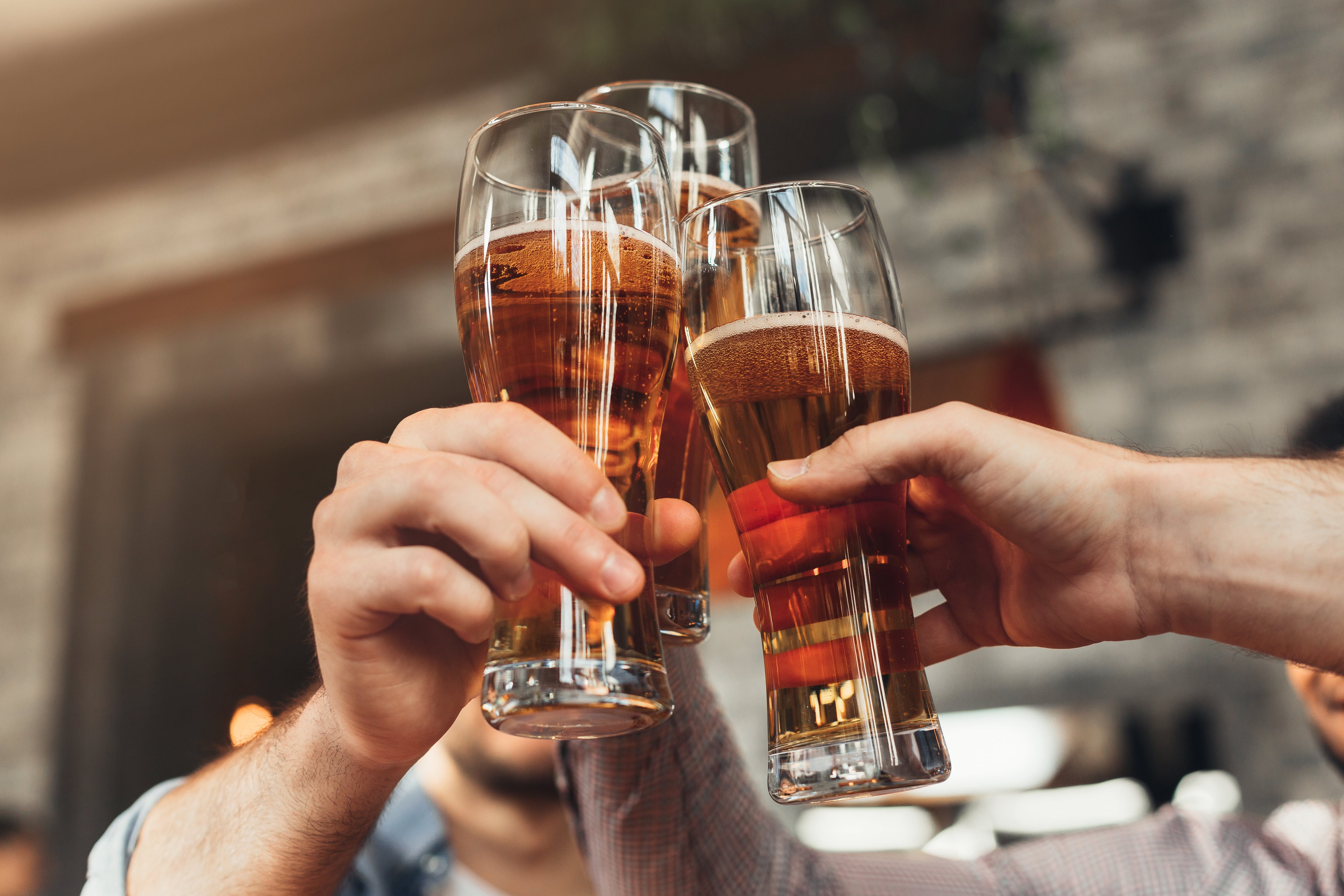What's happened to just good, plain ol' beer? It used to be you'd be able to order a beer and you got a brewed concoction of barley, malt, and hops. Today, though, you walk into a bar and you're more likely than not forced to choose between an odd assortment of fruits, vegetables, and who knows what else.
Anheuser-Busch InBev (BUD +1.89%) not only has its lime-infused Budweiser, but at one time also offered drinkers a liquored-up, tequila-flavored mix that sought to eliminate the burdensome step of ordering a shot and a beer.
Following its acquisition of Grupo Modelo's beer business from A-B last month for $4.7 billion, Constellation Brands (STZ 0.58%) is joining the fruit cocktail set, saying it's going to use its new brewing capabilities to start introducing its own new flavors. First up will be a Bloody Mary-style concoction of tomato, salt, and lime in a 3.5% beer called Modela Especial Chelada.
Only Budweiser has a similar-style beer on the market, its tomato juice and clams brew, Clamato Chelada, and Constellation says it's a niche with huge potential that it wants to exploit.
I'll admit I'm not much of a beer snob. While Pabst's Colt 45 Malt Liquor is probably not on my menu (though its PBR just might be!), I'm pretty happy imbibing a Coors Light and straying only a little beyond that comfort zone with Boston Beer's (SAM 0.69%) Samuel Adams. Pretty tame, I know, so for me it's distressing to see the shelves of the local packaged goods store being lined with beers infused with everything from limes and lemons to honey, pumpkins, and maple syrup. It's hard to buy anything that's just "beer" anymore.
While it was the growth of craft brews that started this trend away from plain beer to more exotic, and some would say flavorful, tastes, it reminds me of the women's shampoo market, where nuts, raisins, extracts, and oils were added to the soap, so much so they read like a beer can label!
It's also a trend we've seen among distillers like Diageo (DEO +1.70%), who seem intent on adding exotic flavors to their liquors. Vodka has been particularly susceptible to being infused full of citrus flavors and even whipped cream. But it's led to an industry renaissance as a whole, lifting sales at a 5% compounded annual growth rate since 2005, which has caused beer to sit up and take notice.
Boston Beer may not have started the craft beer movement, but it certainly cemented its appeal, yet even it has had to branch out into avenues other than just "beer" to keep its sales afloat. Its seasonals had been one of its biggest draws, but now its Angry Orchard ciders and Twisted Tea blends do more than just supplement declining Samuel Adams sales. Depletions for the 13-week period ending March 30 grew 16% year over year specifically because of its ciders and teas.
Similarly, MolsonCoors (TAP +1.86%) has had to resort to seasonal beers, including everything from pumpkins, honey, and apples in the recipe to bolster falling beer sales volumes in Canada, Europe, and particularly the U.S., where volumes dropped 3.3%. Even its signature Coors Light comes in an iced tea flavor.
Although this branching out into new flavors and brews may have been healthy for the business in the short term, I fear it runs the risk of diluting the brewers' strength over the long haul. When shelves are crowded with a surfeit of flavors, the real beer gets lost in the mash.
For me, when I want a Bloody Mary or a shot of tequila, I'll order one -- with a beer chaser. And when I want a cure for the eventual hangover, I'll just grab some of the hair of the dog that bit me.










